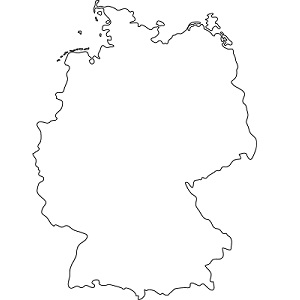Germany
R&D Cash Grants
While the German Government does not offer a specific R&D tax credit, eligible R&D activities performed in Germany can be funded at a regional, national and EU level. Projects range from 18 to 36 months, with funding ranging from 25-75% of eligible costs dependent on size, research category and project cooperation with other entities. Traditionally, SMEs receive additional support compared to larger companies. In addition, larger entities are typically required to collaborate with partners to fulfill funding requirements.

Description of Incentive
Incentives distributed in the form of non-repayable cash grants are granted on a project basis. Traditionally, collaborative projects are preferred during distribution and there is no legal claim for R&D funding. The rates average at 50% but may fall in a higher bracket for SMEs.
When deciding on eligible projects, considerable factors include level of innovation, technical risk, and economic risk.
However, the German government may instead offer R&D loans to the R&D grants. These loans are not contingent on R&D activities being conducted in specific technology fields and no deadlines for applications.
A R&D tax incentive is not yet offered to businesses in Germany, yet it remains an area of much political discussions and debates.
Eligibility Requirements
Qualifying expenses include:
- personnel costs
- materials
- overhead
- subcontracts
- travel costs
Qualified activities include:
- Fundamental research – experimental or theoretical, purpose of gaining new knowledge
- Industrial research – specific practical objectives aimed to develop new products, processes or services, or improve existing ones
- Experimental research – aimed to provide a draft, plans or prototypes
Other Considerations
An important aspect to note is that R&D activities and costs must be conducted and incurred within Germany – with exploitation of the results (inclusive of IP) to remain for the majority, in Germany.
Services
Swanson Reed offers the following services:
- Advice on tax preparation relevant to claiming the R&D tax credits incentive
- Preparation of documents relating to filing and substantiating a R&D taxation claim
- R&D tax advice and consultations
- R&D tax claim planning and preparation
For a full range of services in relation to the credit, please click here.







